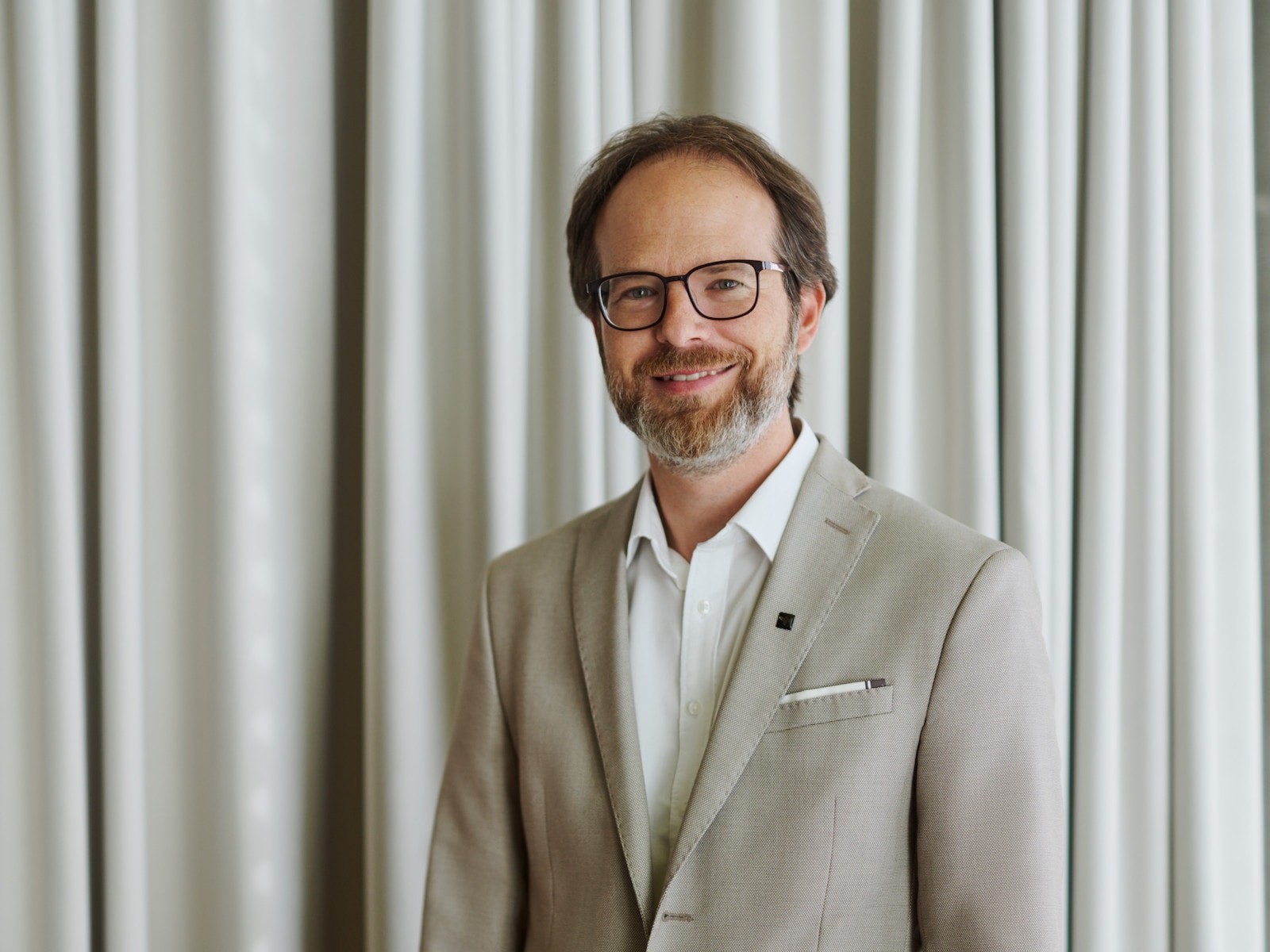PIONIRI – Meine Geschichte, unsere Geschichte
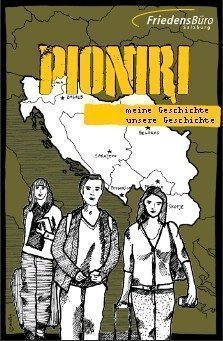
A group of young adults from Salzburg turned out to be real pioneers when they decided to go on an adventure to sit down and discuss together the wars in former Yugoslavia, develop and offer workshops and documents on the topic. All of them are in some kind of relation with the country and of […]
Strom der Erinnerung – Zeitzeugen und Zeitzeuginnen erzählen über eine zerstörte jüdische Gemeinde Wiens
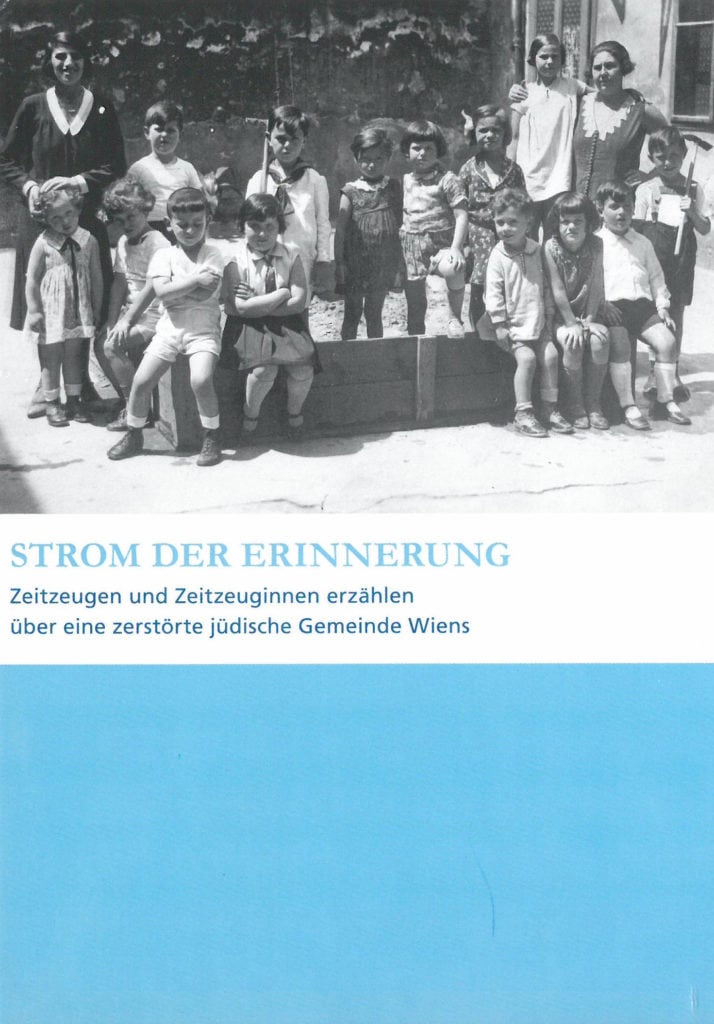
Twenty historical witnesses talk about the suburban Jewish community of their childhood in today’s 15th district of Vienna. The interviews were conducted in 2007 and 2008 in Israel, some in Vienna. They are full biographical interviews not confined to the period of Nazi persecution. They dig into the intact Jewish community before 1938, its places, […]
Dui Rroma – Zwei Lebenskünstler
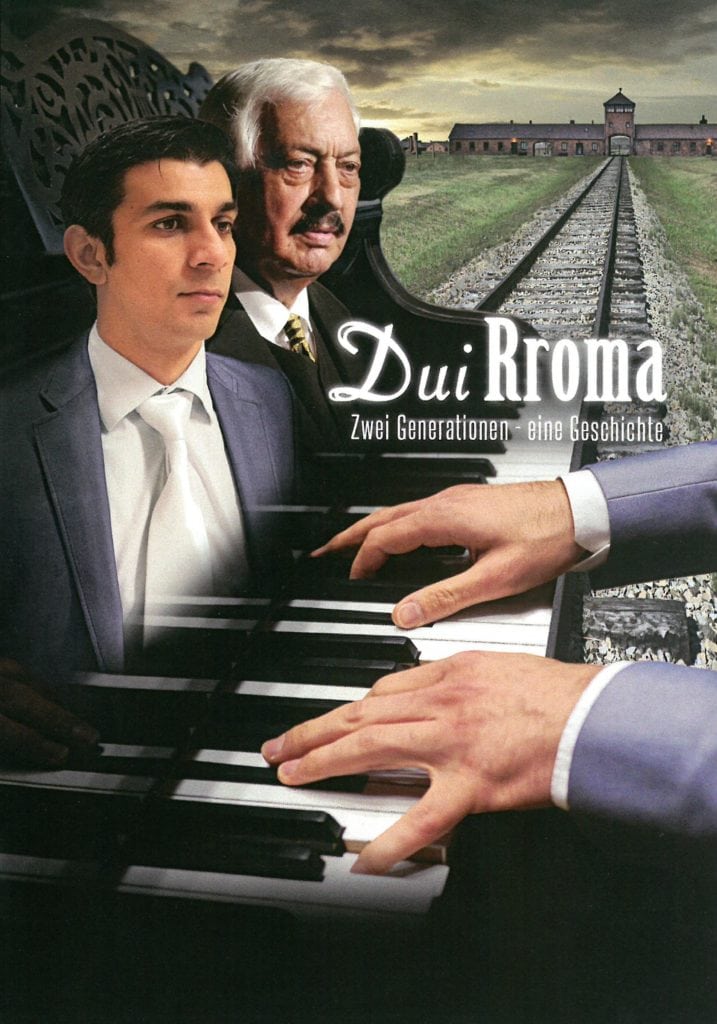
The movie Dui Rroma – Two Bon-Vivants is a documentary that tells the story about Hugo Höllenreiner, Sinti from Germany, the victim of Dr. Josef Mengeles, that survived the concentration camp. He tells his experiences to the young composer, student Adrian Gaspar from Pojejena in Romania, that lives in Vienna. Gaspar is emotionally occupied with […]
Talking Letters – a film on the Romani language
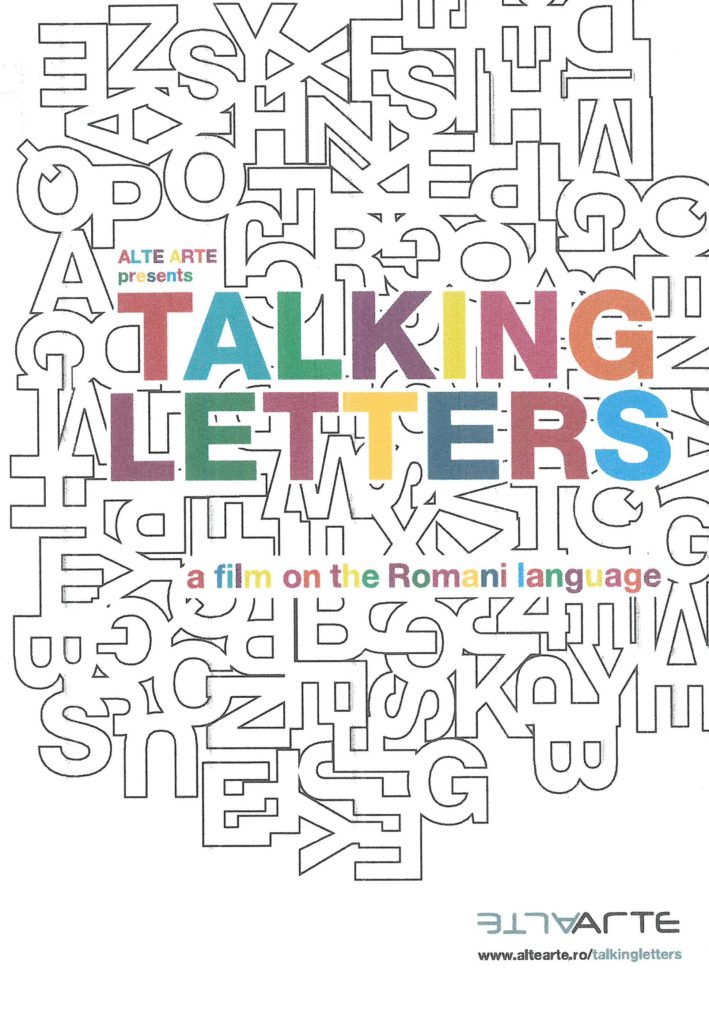
Written texts by Roma did not exist until the early 20th century and it was not until the 4th World Romani Congress in Poland in 1990 that the International Romani Union decided on a common alphabet for the Romani language. Thus, stories have passed through generations in the oral tradition and few have been written […]
House of the Hedgehog
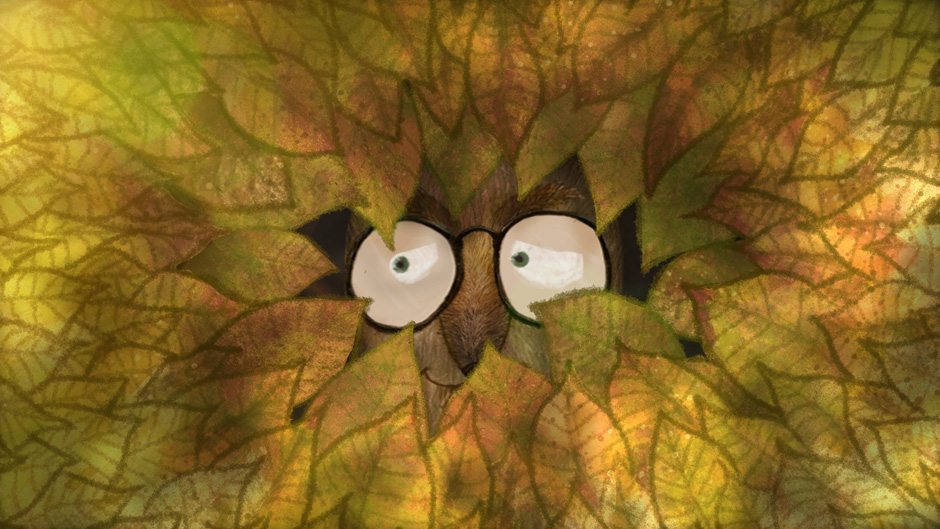
An animated episode of the story House of the Hedgehog by Branko Ćopić was selected to be produced for the project Individual Utopias Now and Then because of the idea that is presented in the story. Hedgehog reminds us all to care for the places where we live, for our natural habitat, and that our […]
Can you see the future?
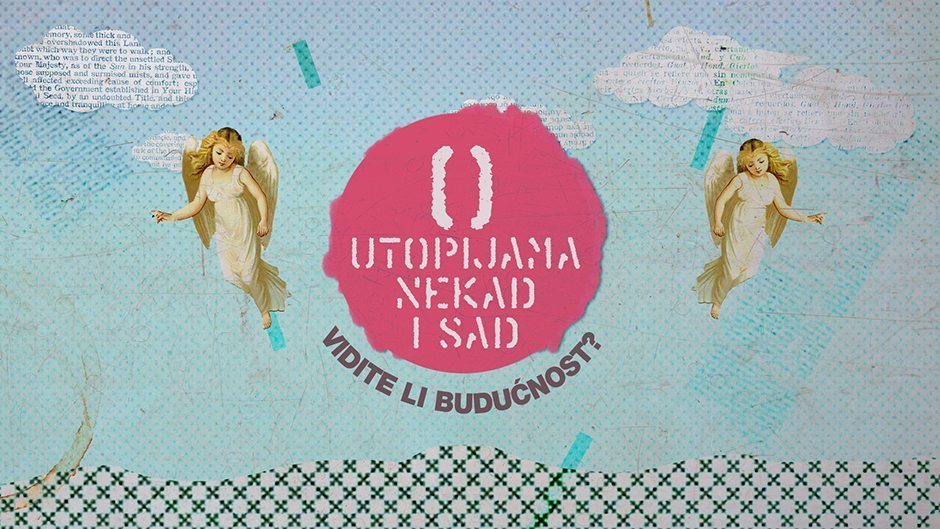
The thematic TV series Can you see the future? deals with the idea of utopia and questions the need for utopia in contemporary society. As Rastko Močnik, Slovenian philosopher and sociologist, one of the interviewed persons, suggests, “We have no more time for utopia today because our civilisation has no time to imagine an ideally […]
Non-Movement
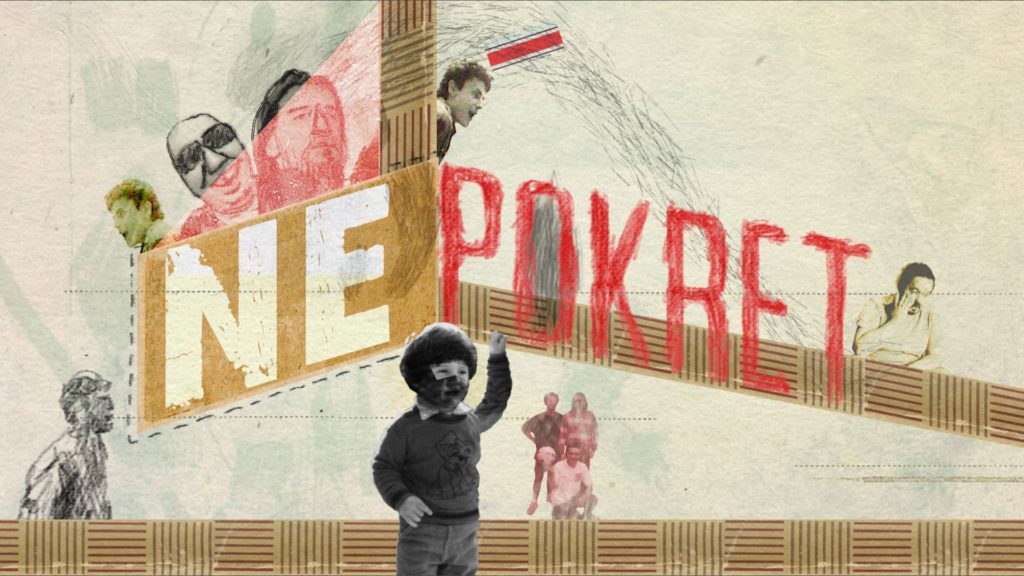
This documentary, titled Non-Movement (Nepokret), is an intimate story of the one Sarajevo neighborhood, Džidžikovac, involving Bosnian artist Nebojša Šerić Shoba who lives in New York for past 15 years and was grown up in Džidžikovac. The documentary is directed by Enes Zlatar and talks about the generation born in the late 60ies and early […]
From Dionysian Socialism to Predatory Capitalism / Od dionizijskog socijalizma do predatorskog kapitalizma
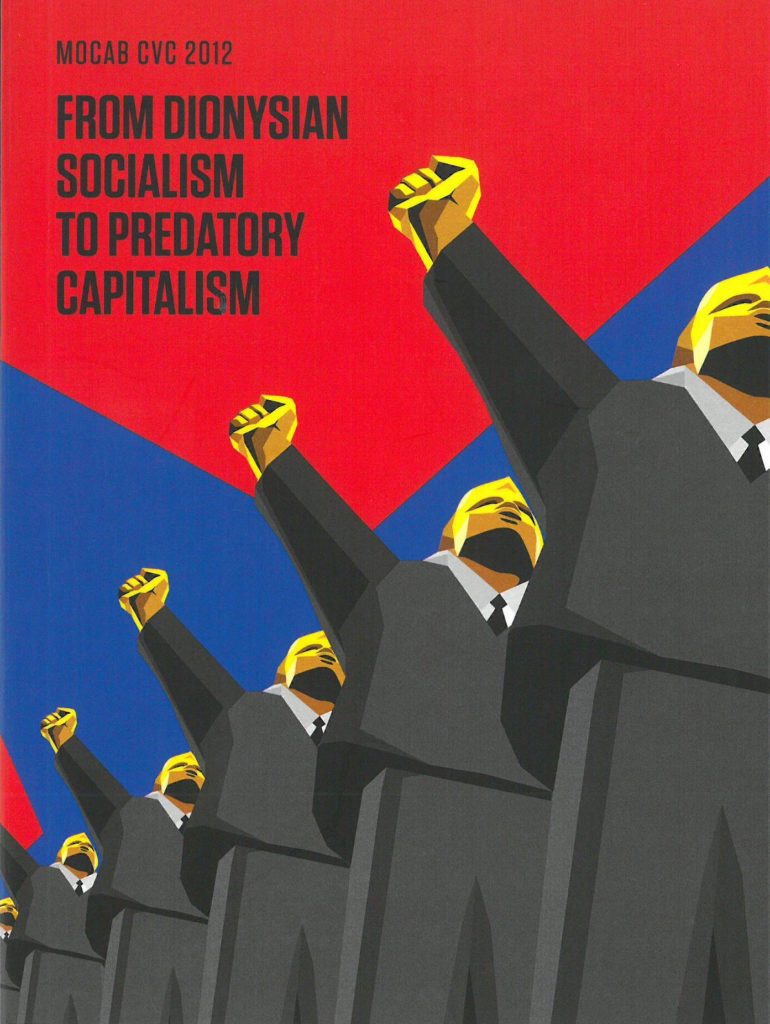
The project was conceived as a series of workshops with young professionals and mentors focusing on the analysis and new reading of social history and art production in Serbia and Yugoslavia after 1949. The project’s primary objective was to help the workshops’ participants develop an actively critical relationship vis-a-vis the way the history is written […]
Kdo žere psy? / Who eats dogs? – Allstar Refjúdží Band
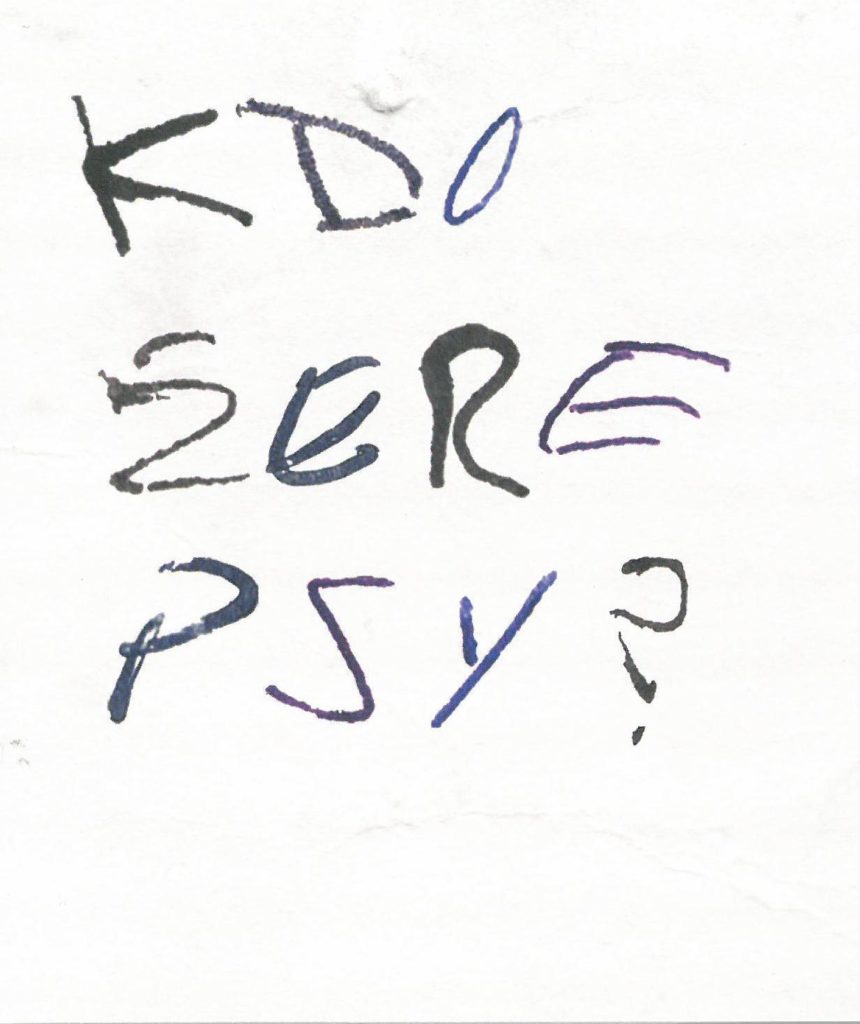
Two years ago, in cooperation with ERSTE Foundation, the Archa Theatre in Prague launched the project Where is My Home, which deals with the topics of xenophobia and migration through a combination of music and theatre. In collaboration with refugees, host communities, students, actors and musicians, a series of new theatre pieces, musical works, performances and workshops […]
Black Cats. A documentary film
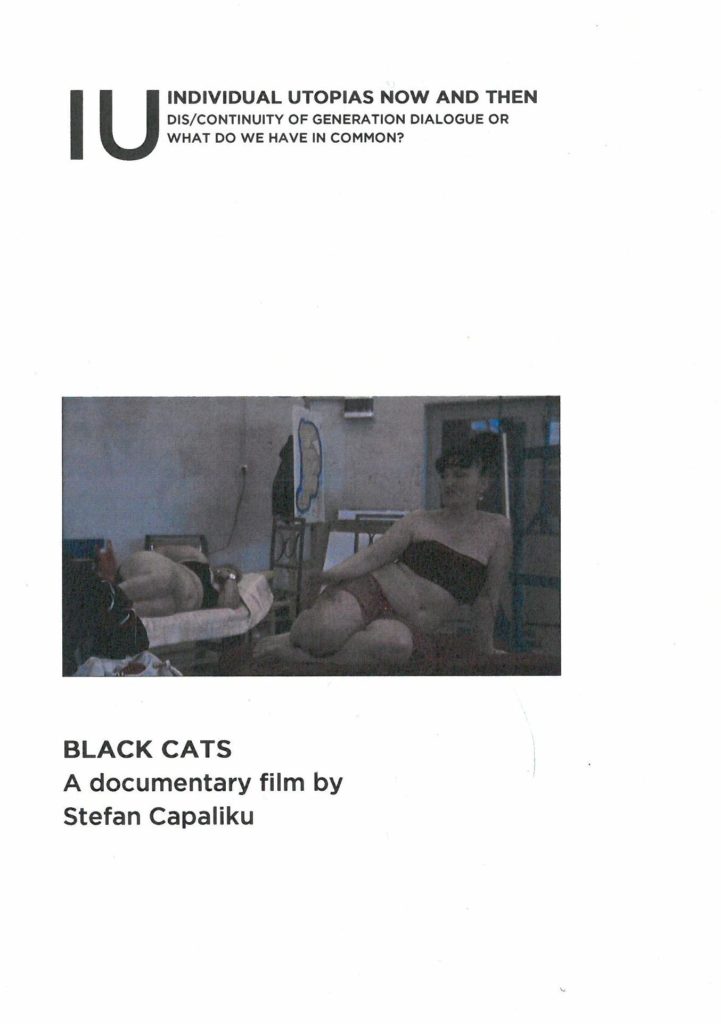
This documentary was produced within the framework of the regional partnership project: Individual Utopias Now and Then – discontinuity of generation dialogue or what do we have in common? by Sarajevo Center for Contemporary Arts, New Media Center_kuda.org, and Tirana Institute for Contemporary Arts (T.I.C.A.). Black Cats is a documentary composed in two parts: The […]
Reclaiming the City
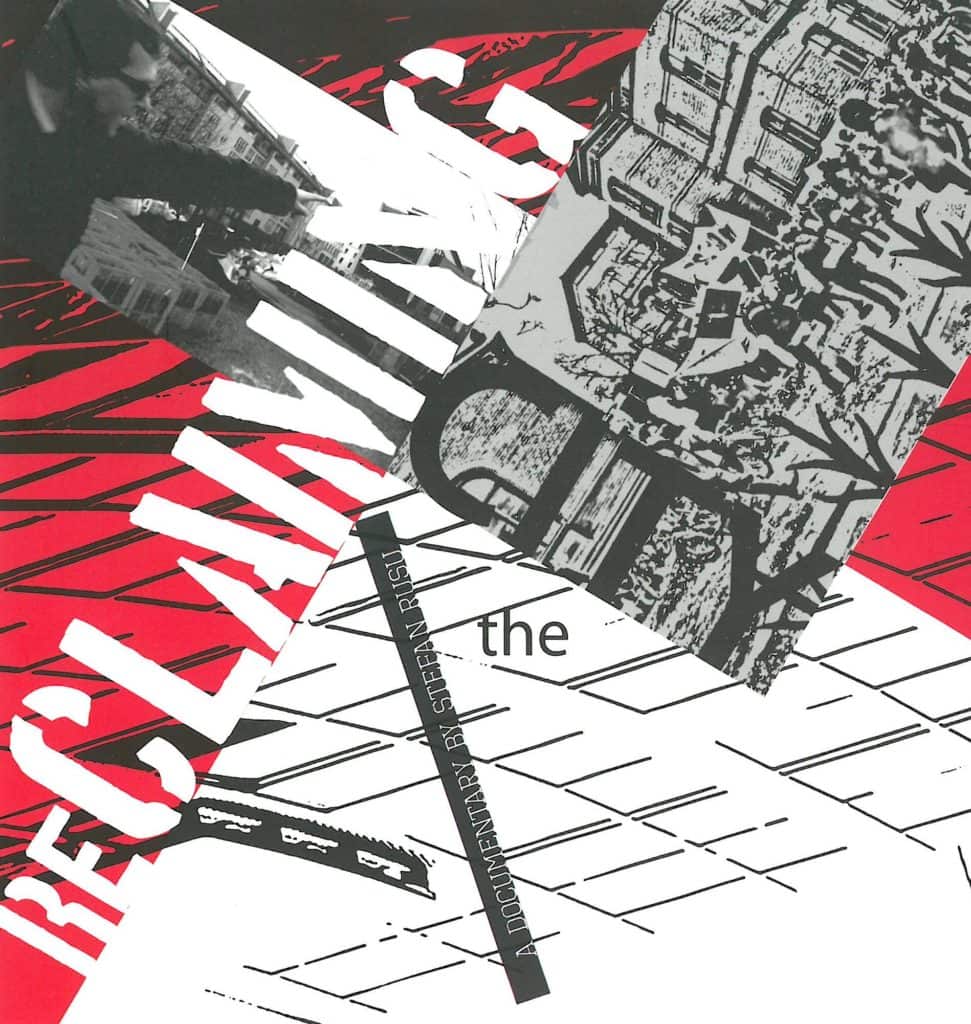
Through a complex interweaving of field trips and interviews, archival and found footage, personal narratives, interventions in public spaces, images, and other sources, the film reveals a number of sites of the New Berlin that uniquely exemplify the contradictions and tensions of social memory and national identity in the late twentieth and early twenty-first centuries. […]
Return to Europe. Croatia, Moldova
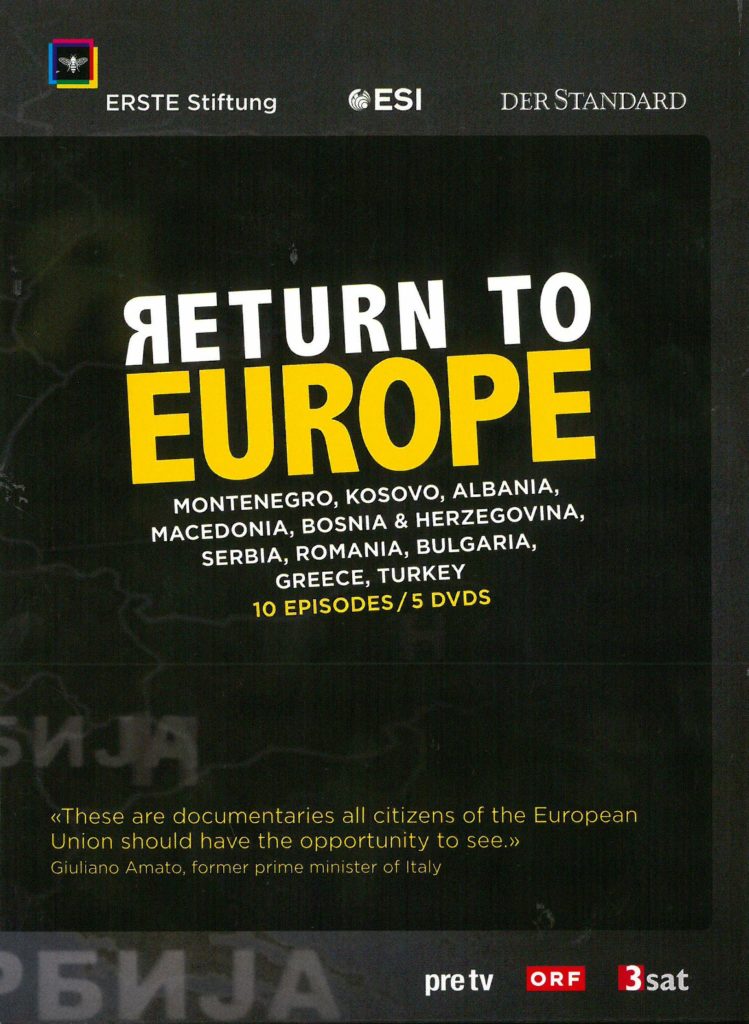
In 2008, around four million viewers followed the TV documentary series Return to Europe (German title: Balkan Express) on ten countries of Southern Europe on ORF and 3Sat. Now, the documentary series, which was initiated by ERSTE Foundation in cooperation with the European Stability Initiative (ESI), continues with two new episodes. Croatia, Europe and the […]
Martina Kudláček – Notes on Marie Menken
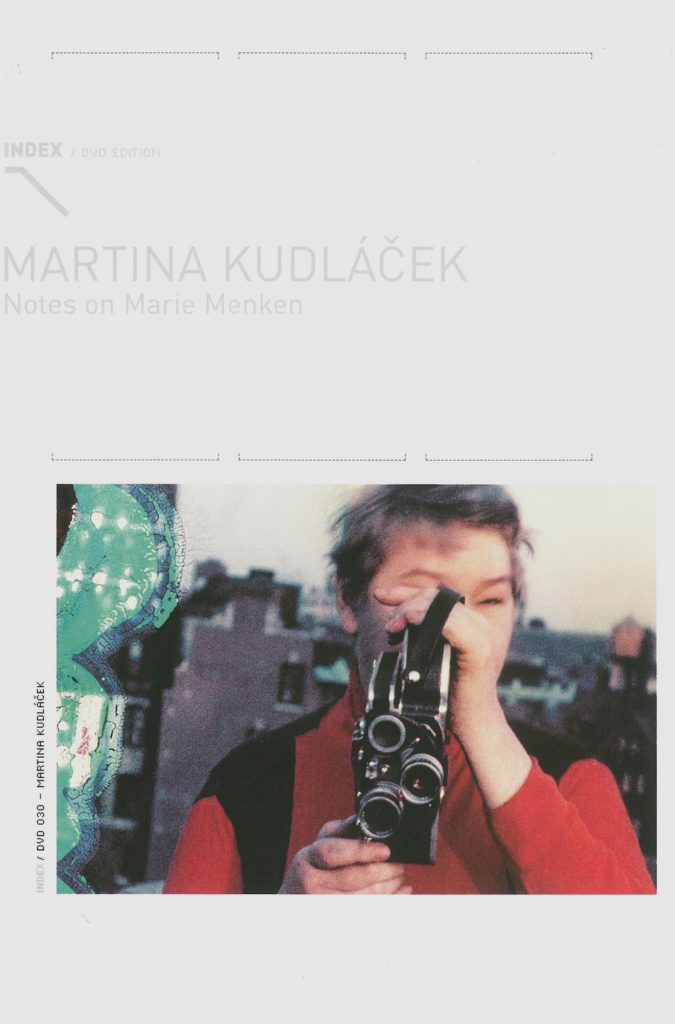
Notes on Marie Menken explores the almost forgotten story of the legendary artist Marie Menken (1909-1970) who became one of New York’s outstanding underground experimental filmmakers of the 1940s through the 1960s, inspiring artists such as Stan Brakhage, Andy Warhol, Jonas Mekas, Kenneth Anger, and Gerard Malanga. She was a probable role model of Edward Albee’s Who’s […]
Ivan Ladislav Galeta – Obsession: Structuring Time and Space
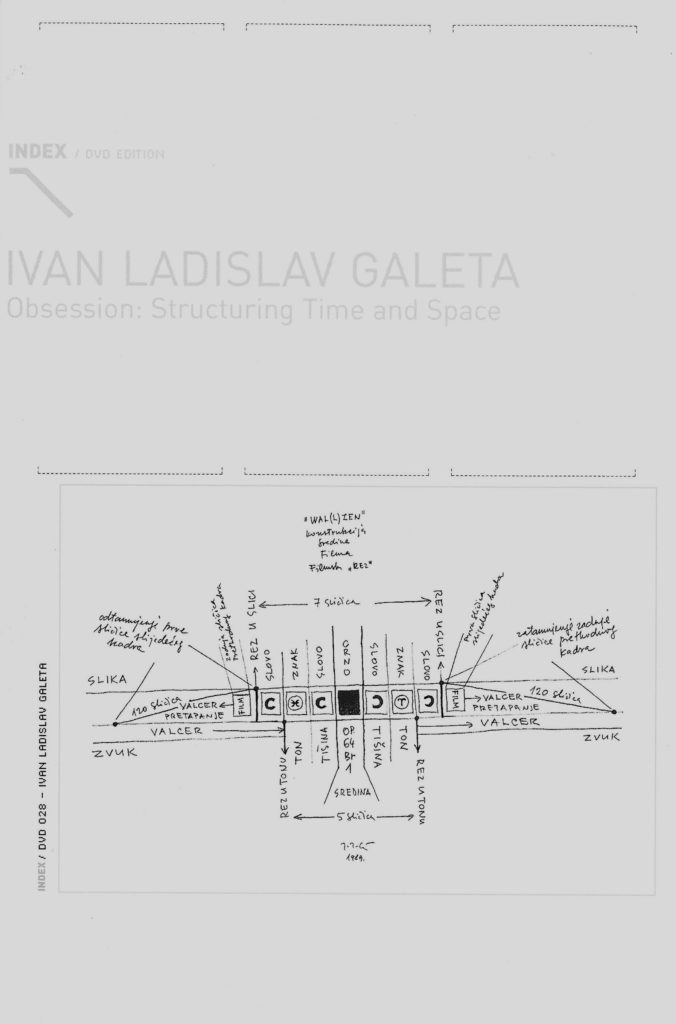
Ivan Ladislav Galeta from Zagreb is the neo-Platonist among European experimental film directors. Galeta hides a true chamber of wonders behind the clear, mathematically abstract structure of his films and videos, meticulously compiled rhythmically frame for frame, each work likewise presenting an analysis of the film medium. Concealed therein, culled from deep in the medium’s […]
Return to Europe – A ten-part documentary

“This remarkable documentary dismantles all cliches!” Frankfurter Allgemeine Zeitung Hop on and let’s take a ride across the south-east of Europe. What is so fascinating about this colourful entity called the “Balkans”? History is told on old Roman and Ottoman roads, in young urban centres like Tirana, in the mountainous countryside of Montenegro. With stories […]
SAJMIŠTE – The History of a Camp
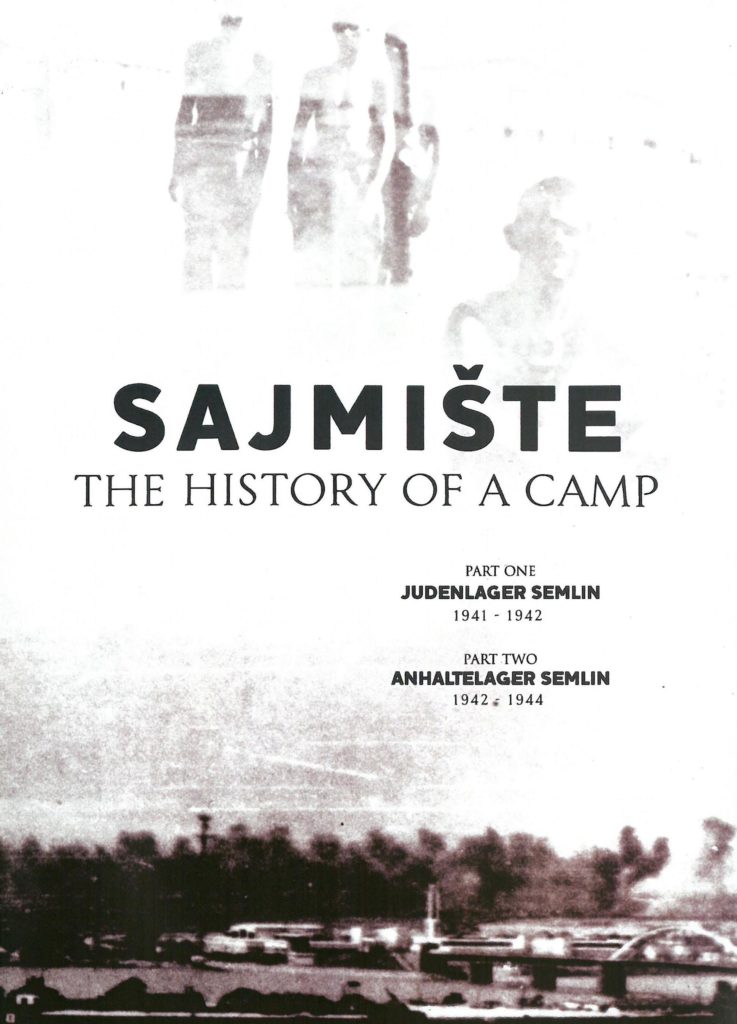
Sajmište, the place whose name used to be whispered in fear, is today practically buried in oblivion. Present-day occupants of former fairground pavilions, from which thousands of incarcerated camp prisoners were taken to their deaths, are ordinary people who know very little or next to nothing about the horrific history of this site. Where the […]


